August 31, 2009

I'm a big fan of
Ang Lee, the Taiwan-born director of such terrific films as "
The Wedding Banquet," "
Eat Drink Man Woman," "
Sense and Sensibility," "
The Ice Storm," "
Crouching Tiger, Hidden Dragon" and "
Brokeback Mountain."
He glides effortlessly between cultures, putting Chinese values to celluloid in one movie and reflecting America in the next. He also switches genres easily, from comedy to period pieces to drama to action.
He's had one certifiable dud in my opinion: his take on "
The Hulk." Now, I think there are two.
Erin and I were sadly disappointed when we went to see "
Taking Woodstock," Lee's take on the 1969 music festival that stands today as an iconic milestone of the rock era and baby boom generation.
It's a nostalgic look back at Woodstock, the rock festival held between Aug. 15-17, 1969 in upstate New York. It's become iconic of the era because of the 1970 hit documentary film "Woodstock" and Joni Mitchell's song of the same name (which was a #11 hit for Crosby, Stills, Nash and Young, and a lesser hit version by Mathews Southern Comfort). The song enshrined the number of people who flocked to the three-day concert: "half a million strong," probably taken from early news reports, but the turnout was probably closer to 300,000. Still an impressive number of attendees for what came to define the rock generation's tribalist instincts.
 Michael Lang riding his motorcycle around the original festival, captured in the "Woodstock" DVD.
Michael Lang riding his motorcycle around the original festival, captured in the "Woodstock" DVD.
 Jonathan Groff playing Michael Lang in Ang Lee's fictionalized Woodstock weekend, along with Mamie Gummer as Tisha and Demetri Martin as Elliott Teichberg.
Jonathan Groff playing Michael Lang in Ang Lee's fictionalized Woodstock weekend, along with Mamie Gummer as Tisha and Demetri Martin as Elliott Teichberg.
In Lee's misty-eyed look back at 40 years ago, all the surfaces are polished just right. In an early scene, the black-and-white TV in young Elliott Teichberg's parents' rundown motel in White Lake, a hamlet in the town of Bethel, New York, shows the July 20, 1969 Apollo moon landing, just a few weeks before the big rock show. The characters have the right hair, the right clothes, even the right hats (check out the mysterious and pointless character Tisha, and the woman who's captured in Woodstock documentary footage with the real Michael Lang). The cars, of course, are spot-on from that model year and before, right down to the hippie-decorated VW vans.
Lee even includes several signature shots from the Woodstock doc, with his fictionalized spin. As Jake rides with a motorcycle cop through the traffic jam to get to the concert site, they pass a group of nuns who are being filmed by "Woodstock" director Michael Wadleigh's crew and one nun flashes a peace sign. Later, Elliott walks past a row of porta-potties where a film crew is interviewing the guy who's cleaning them out. He also spends some time sliding in the mud, another re-creation of a classic scene from the concert. These touchstone scenes from the original movie are fun to catch in the context of Lee's movie.
What's completely missing from "Taking Woodstock" is an understanding of and appreciation for -- hell, even baldfaced nostalgia for -- the music that drew the hundreds of thousands to the festival in the first place.
 Ouch. I stand humbled... and embarrassed. I've changed my views on my long-held need to have Japanese words (especially food) pronounced correctly. I was such a purist about it that in the past I've even offered a pronunciation guide for often-mangled Japanese words.
But tonight, I realized that despite Erin and my interest in and curiosity for all Asian cultures -- especially when it comes to food -- and our efforts to pronounce words correctly, I blew it when it comes to some of the most common Asian words we eat: Chinese food.
Ouch. I stand humbled... and embarrassed. I've changed my views on my long-held need to have Japanese words (especially food) pronounced correctly. I was such a purist about it that in the past I've even offered a pronunciation guide for often-mangled Japanese words.
But tonight, I realized that despite Erin and my interest in and curiosity for all Asian cultures -- especially when it comes to food -- and our efforts to pronounce words correctly, I blew it when it comes to some of the most common Asian words we eat: Chinese food.




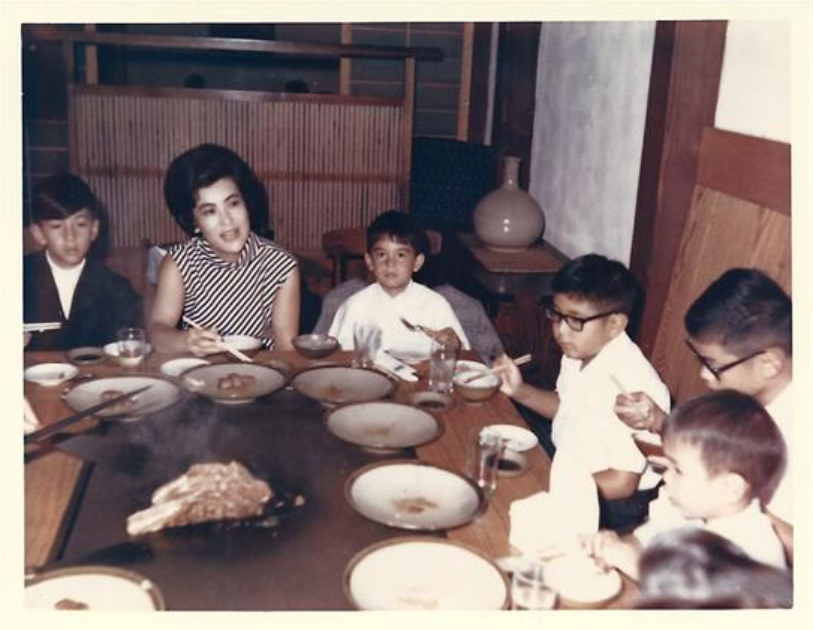
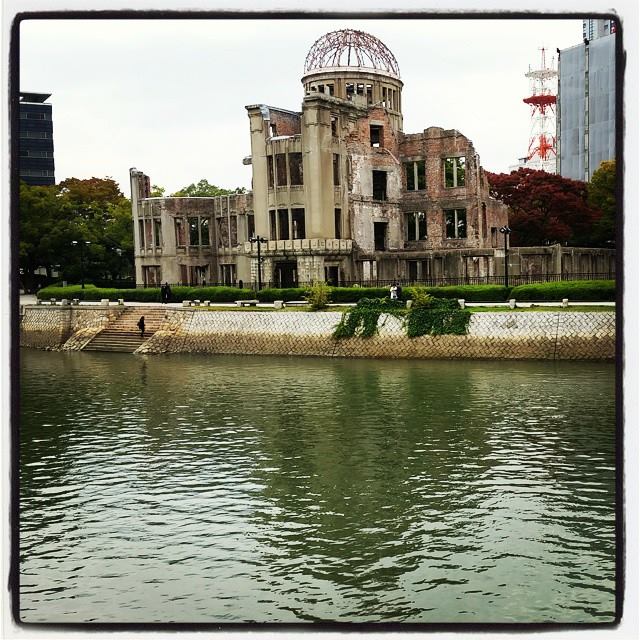
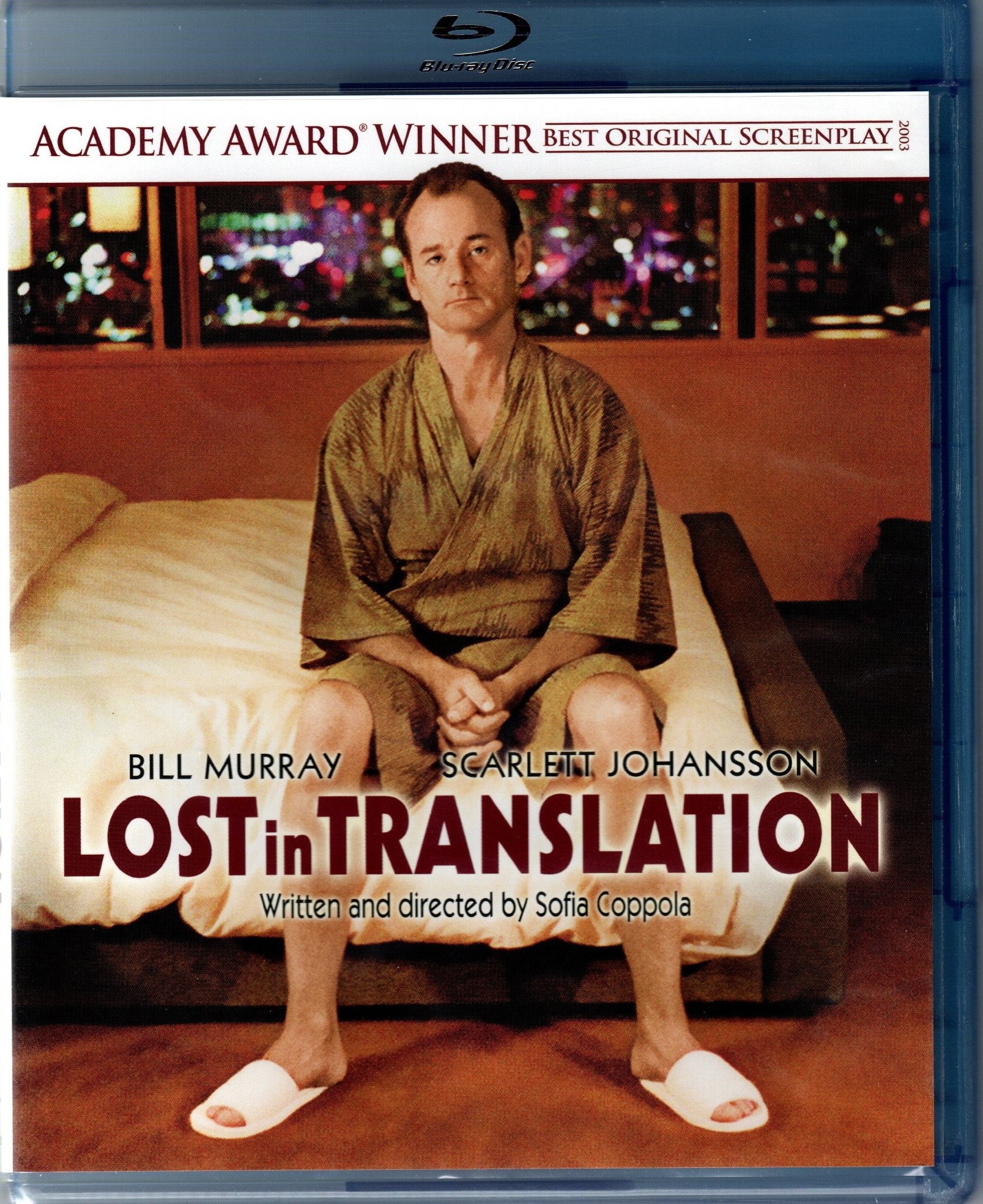
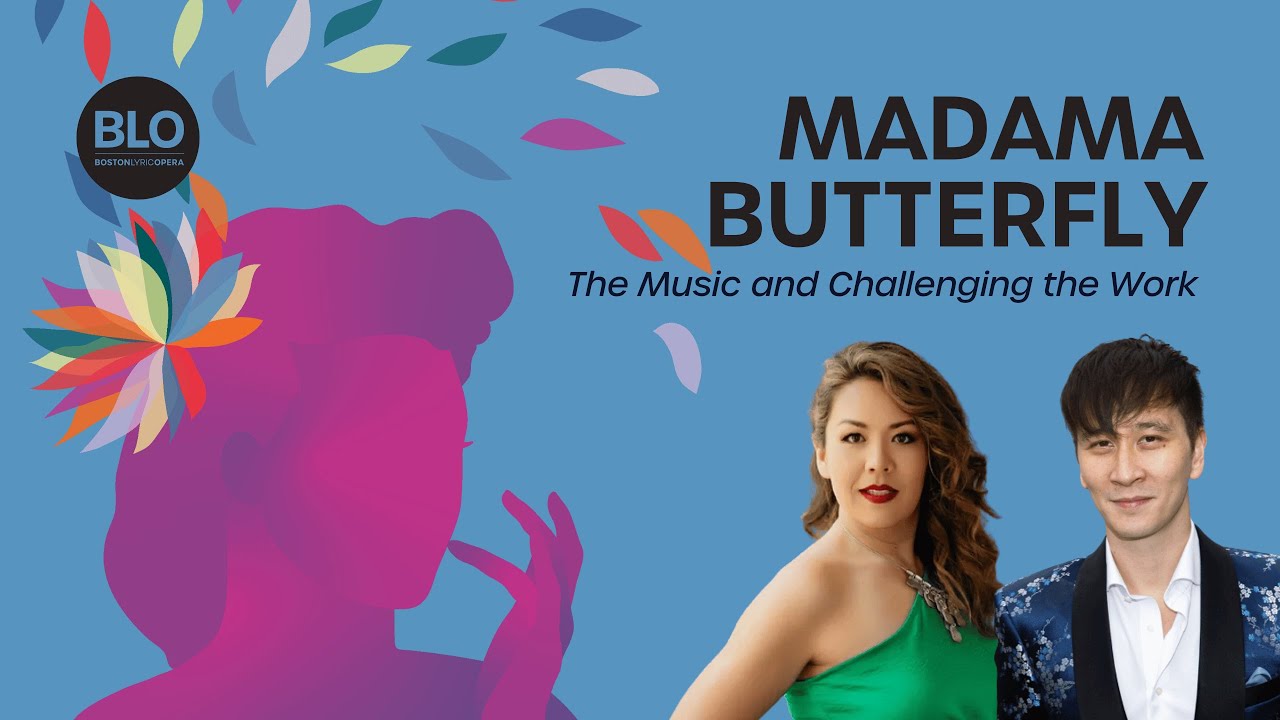
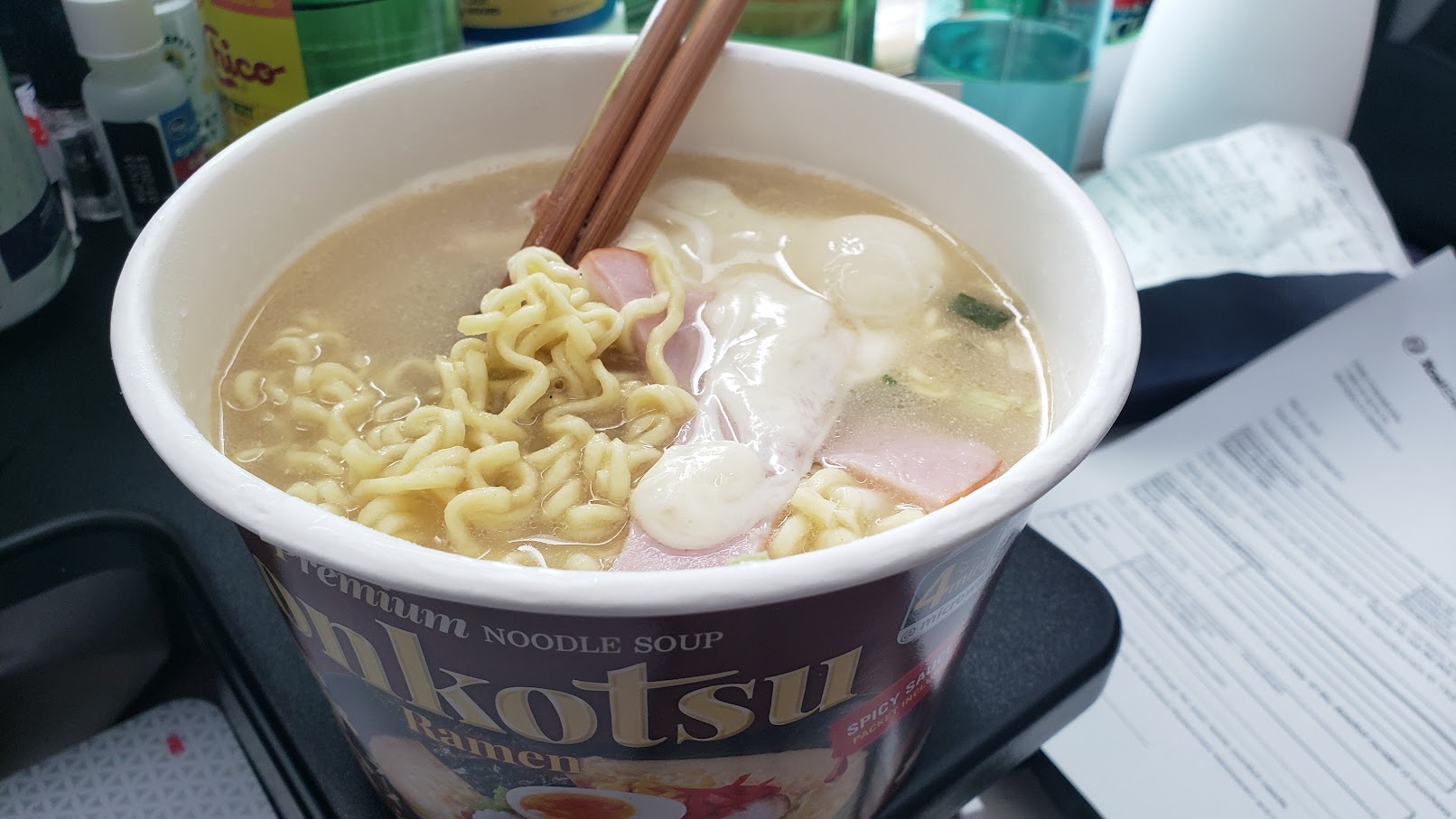
 "
" I'm a big fan of
I'm a big fan of  Michael Lang riding his motorcycle around the original festival, captured in the "Woodstock" DVD.
Michael Lang riding his motorcycle around the original festival, captured in the "Woodstock" DVD.
 Jonathan Groff playing Michael Lang in Ang Lee's fictionalized Woodstock weekend, along with Mamie Gummer as Tisha and Demetri Martin as Elliott Teichberg.
In Lee's misty-eyed look back at 40 years ago, all the surfaces are polished just right. In an early scene, the black-and-white TV in young Elliott Teichberg's parents' rundown motel in White Lake, a hamlet in the town of Bethel, New York, shows the July 20, 1969 Apollo moon landing, just a few weeks before the big rock show. The characters have the right hair, the right clothes, even the right hats (check out the mysterious and pointless character Tisha, and the woman who's captured in Woodstock documentary footage with the real Michael Lang). The cars, of course, are spot-on from that model year and before, right down to the hippie-decorated VW vans.
Lee even includes several signature shots from the Woodstock doc, with his fictionalized spin. As Jake rides with a motorcycle cop through the traffic jam to get to the concert site, they pass a group of nuns who are being filmed by "Woodstock" director Michael Wadleigh's crew and one nun flashes a peace sign. Later, Elliott walks past a row of porta-potties where a film crew is interviewing the guy who's cleaning them out. He also spends some time sliding in the mud, another re-creation of a classic scene from the concert. These touchstone scenes from the original movie are fun to catch in the context of Lee's movie.
What's completely missing from "Taking Woodstock" is an understanding of and appreciation for -- hell, even baldfaced nostalgia for -- the music that drew the hundreds of thousands to the festival in the first place.
Jonathan Groff playing Michael Lang in Ang Lee's fictionalized Woodstock weekend, along with Mamie Gummer as Tisha and Demetri Martin as Elliott Teichberg.
In Lee's misty-eyed look back at 40 years ago, all the surfaces are polished just right. In an early scene, the black-and-white TV in young Elliott Teichberg's parents' rundown motel in White Lake, a hamlet in the town of Bethel, New York, shows the July 20, 1969 Apollo moon landing, just a few weeks before the big rock show. The characters have the right hair, the right clothes, even the right hats (check out the mysterious and pointless character Tisha, and the woman who's captured in Woodstock documentary footage with the real Michael Lang). The cars, of course, are spot-on from that model year and before, right down to the hippie-decorated VW vans.
Lee even includes several signature shots from the Woodstock doc, with his fictionalized spin. As Jake rides with a motorcycle cop through the traffic jam to get to the concert site, they pass a group of nuns who are being filmed by "Woodstock" director Michael Wadleigh's crew and one nun flashes a peace sign. Later, Elliott walks past a row of porta-potties where a film crew is interviewing the guy who's cleaning them out. He also spends some time sliding in the mud, another re-creation of a classic scene from the concert. These touchstone scenes from the original movie are fun to catch in the context of Lee's movie.
What's completely missing from "Taking Woodstock" is an understanding of and appreciation for -- hell, even baldfaced nostalgia for -- the music that drew the hundreds of thousands to the festival in the first place.  Tak Toyoshima, creator of "Secret Asian Man," and Jeff Yang, one of the editors of the recently-published book "Secret Identities," sign copies at the 2009 AAJA Convention in Boston.
“Where are you from?†“So, where are YOU from?†“Hi, where’re you from?â€
I was in Boston a couple of weeks ago, at a convention where everyone asked each other “Where are you from?†and no one got offended. It cracked me up, hearing the question over and over.
Let me explain, for my non-Asian readers: Just about every Asian American I know – seriously – has been asked this question sometime (or many times) in their life. It’s often preceded by a variation of the statement, “You speak English so well… where are you from?†And once we answer “California,†or “Denver,†it’s often followed by a variation of “No, you know what I mean, where were you born?†Which might be followed, after we answer “California†or “New York City,†by “No, where’s your FAMILY from?â€
That’s when we can cut off the silliness and get to the point: “Are you asking what’s my ethnic heritage?â€
I just don’t see European Americans having this conversation, unless they have, say, a British or French or German accent. People assume Asian Americans are foreigners even if we "speak English so well" because of the way we look.
Anyway, I heard the “where are you from?†question dozens of times and we all answered eagerly without getting defensive. It’s because the ones asking were also AAPI, and we really did want to know where each other was from. We were at the annual convention of the
Tak Toyoshima, creator of "Secret Asian Man," and Jeff Yang, one of the editors of the recently-published book "Secret Identities," sign copies at the 2009 AAJA Convention in Boston.
“Where are you from?†“So, where are YOU from?†“Hi, where’re you from?â€
I was in Boston a couple of weeks ago, at a convention where everyone asked each other “Where are you from?†and no one got offended. It cracked me up, hearing the question over and over.
Let me explain, for my non-Asian readers: Just about every Asian American I know – seriously – has been asked this question sometime (or many times) in their life. It’s often preceded by a variation of the statement, “You speak English so well… where are you from?†And once we answer “California,†or “Denver,†it’s often followed by a variation of “No, you know what I mean, where were you born?†Which might be followed, after we answer “California†or “New York City,†by “No, where’s your FAMILY from?â€
That’s when we can cut off the silliness and get to the point: “Are you asking what’s my ethnic heritage?â€
I just don’t see European Americans having this conversation, unless they have, say, a British or French or German accent. People assume Asian Americans are foreigners even if we "speak English so well" because of the way we look.
Anyway, I heard the “where are you from?†question dozens of times and we all answered eagerly without getting defensive. It’s because the ones asking were also AAPI, and we really did want to know where each other was from. We were at the annual convention of the 